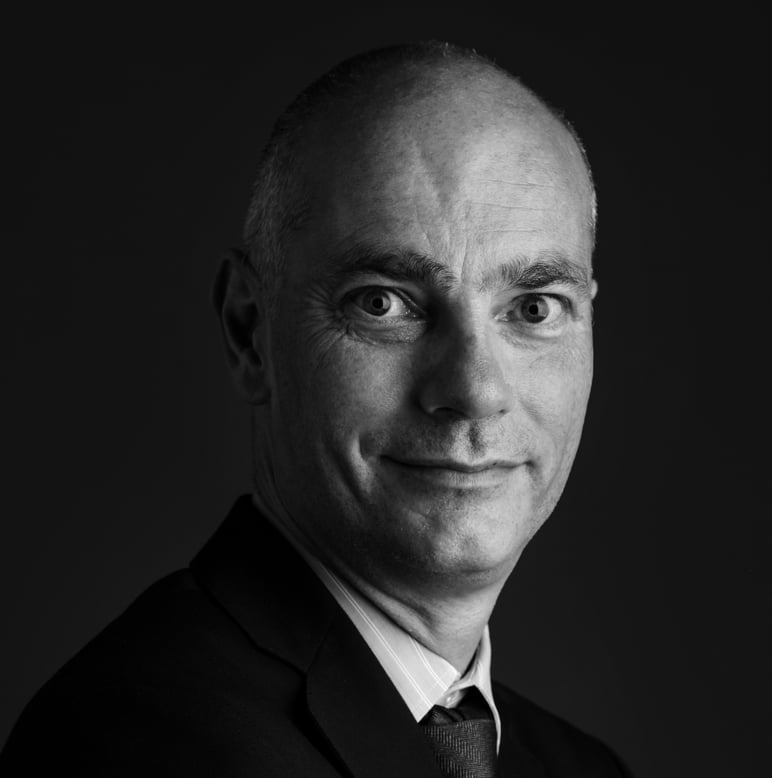
Zhou Yongkang must not be given a show trial, for the sake of China's rule of law
Cliff Buddle says if the central government is determined to develop the rule of law, then Zhou Yongkang must receive a fair hearing
The investigation into alleged corruption by former security chief Zhou Yongkang is being seen as a potential landmark in the mainland's development of the rule of law.
Zhou, who retired from the Politburo Standing Committee in 2012, is accused of "serious disciplinary violations". It is a very significant development. For decades, the highest-ranking Communist Party members have been untouchable, shielded by an unwritten rule that they would not be prosecuted in order to preserve party unity. No longer.
Tuesday's announcement that Zhou will be investigated by the Communist Party's Central Commission for Discipline Inspection is the latest dramatic twist in President Xi Jinping's crackdown on corruption, which he has - with good reason - declared to be the biggest threat to China and the Communist Party. There is much speculation about what lay behind the move. Is it an attempt by Xi to consolidate his grip? Very likely. But is it also a step intended to reinforce the rule of law and serve notice that no one is too powerful to be prosecuted?
Zhou was responsible for law and order until he retired. His downfall may pave the way for much-needed legal reform.
It remains to be seen what progress will be made. It is not even clear precisely what the leadership means when it talks of the rule of law. Certainly, the mainland has a very long way to go before it can claim to have a system similar to that which we enjoy in Hong Kong - a notable feature of which is our independent judiciary.
But in one respect, at least, the investigation of Zhou marks a step forward. One key element of the rule of law is that everyone should be equal before the law. The rich and the powerful must be held accountable if they commit crimes, in the same way as any other citizen. Ending the convention that top mainland officials cannot be investigated is, therefore, a move which is to be welcomed.
That is just the starting point, though. The real test will come when Zhou goes to court. If this is to be a high-profile example of the central government's determination not only to root out corruption but also to develop the rule of law, then Zhou must receive a fair hearing.
His trial should be held in public, so that the process is open to scrutiny. He must have a fair opportunity to challenge the evidence against him and to put forward his defence.
The difficult part is that the outcome should not be a foregone conclusion, but the result of weighing evidence produced during the court process. Court cases in Hong Kong are unpredictable. We don't know, until the jury delivers their verdict, which way the case will go. And that is how it should be.
Zhou's guilt has already been assumed and commentators are even stating the penalty he will receive - a suspended death sentence. Some effort was clearly made to present a picture of a fair trial with the similarly high-profile corruption case of former politburo member Bo Xilai last year. But the outcome was never in doubt.
The trial of Zhou will be closely watched. A show trial? Or a step towards the rule of law? We shall see.

